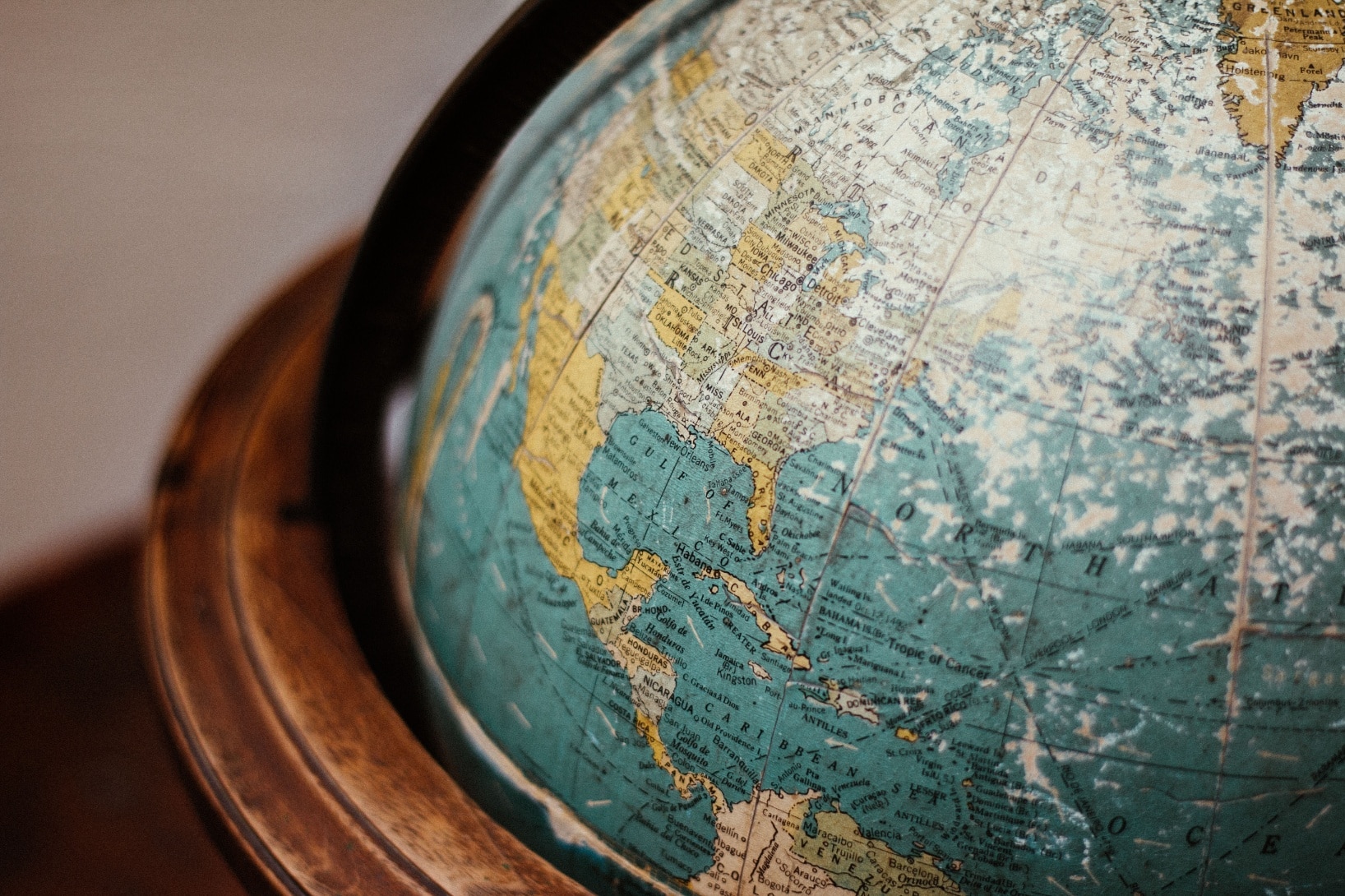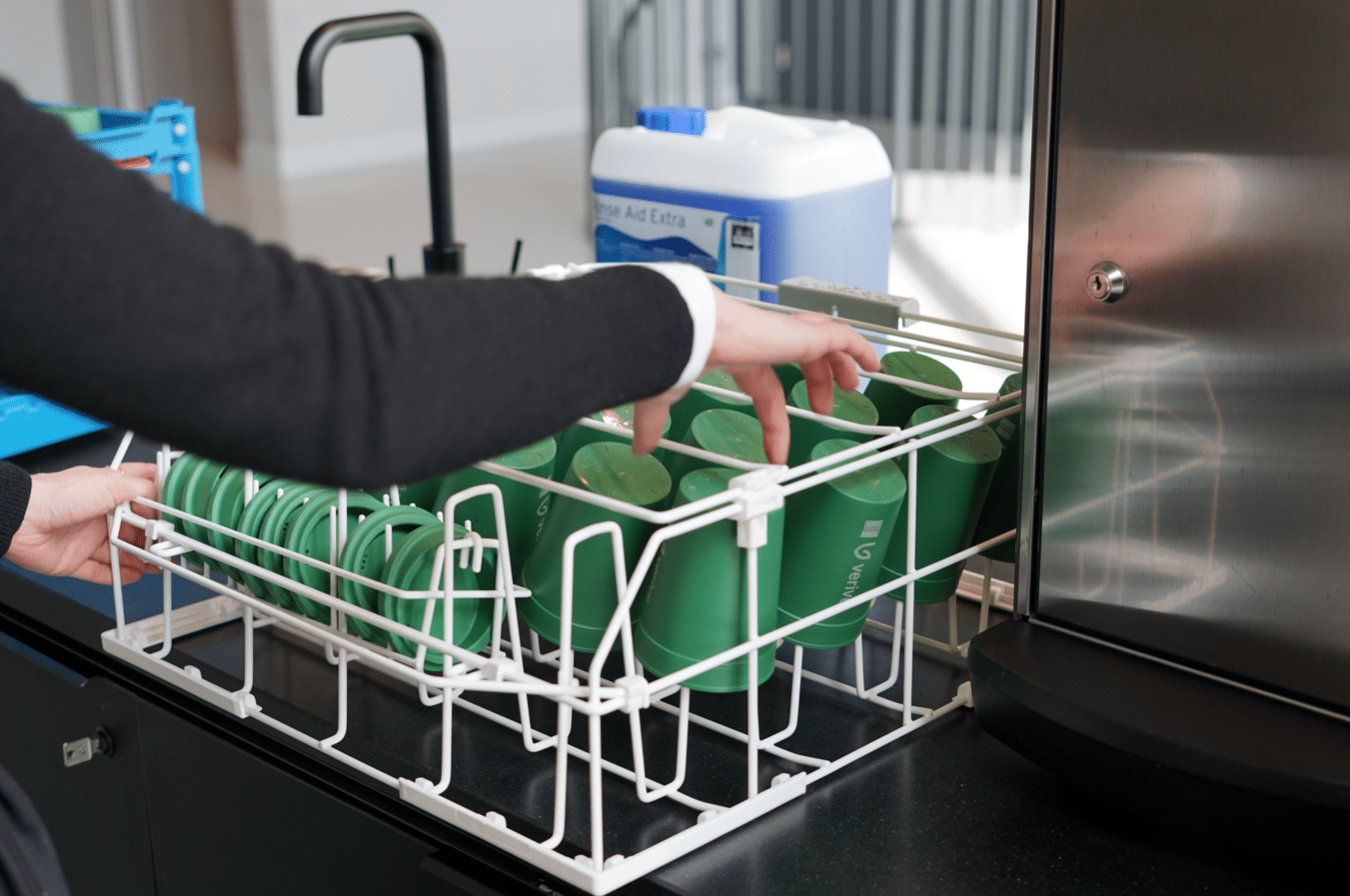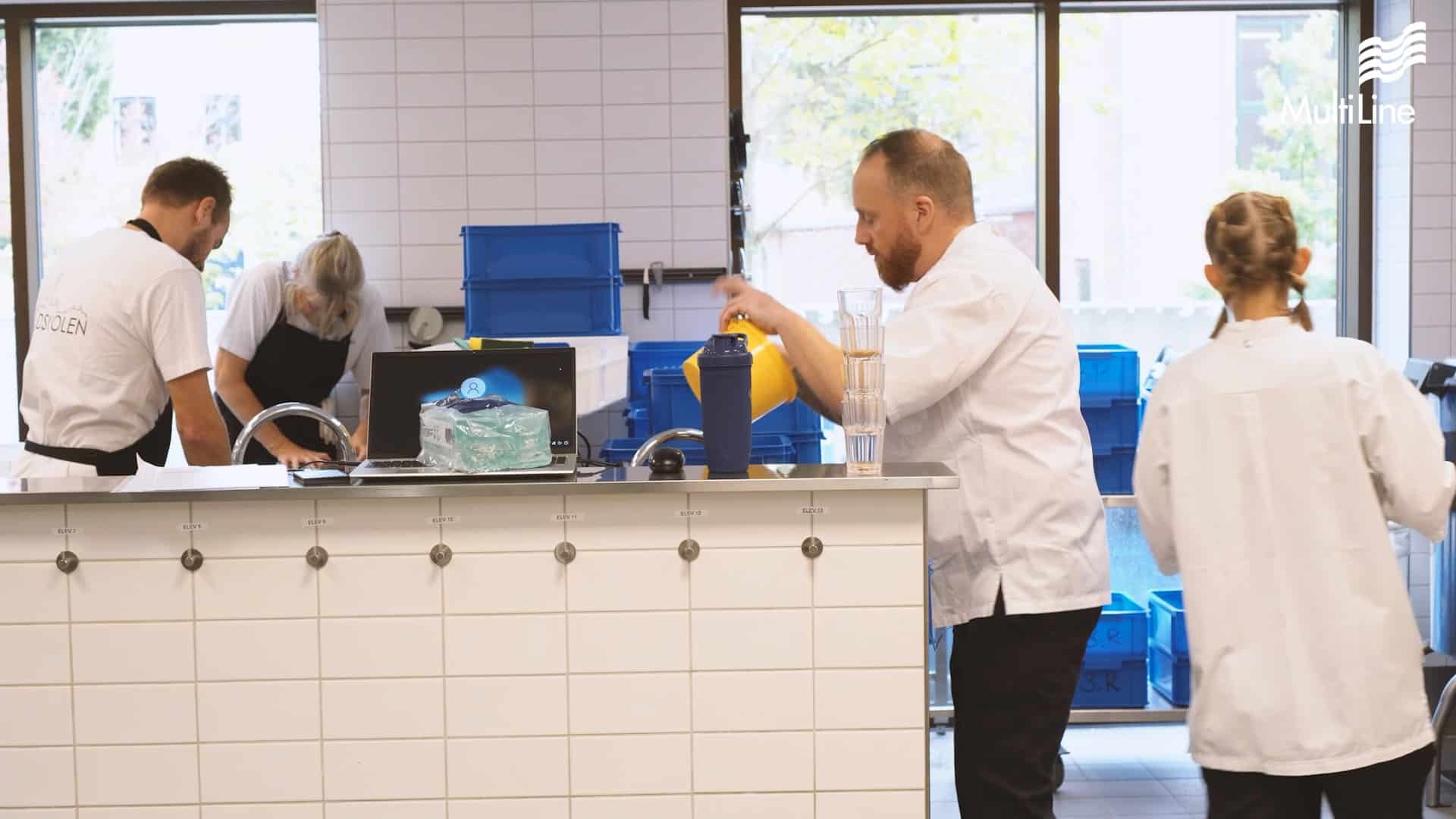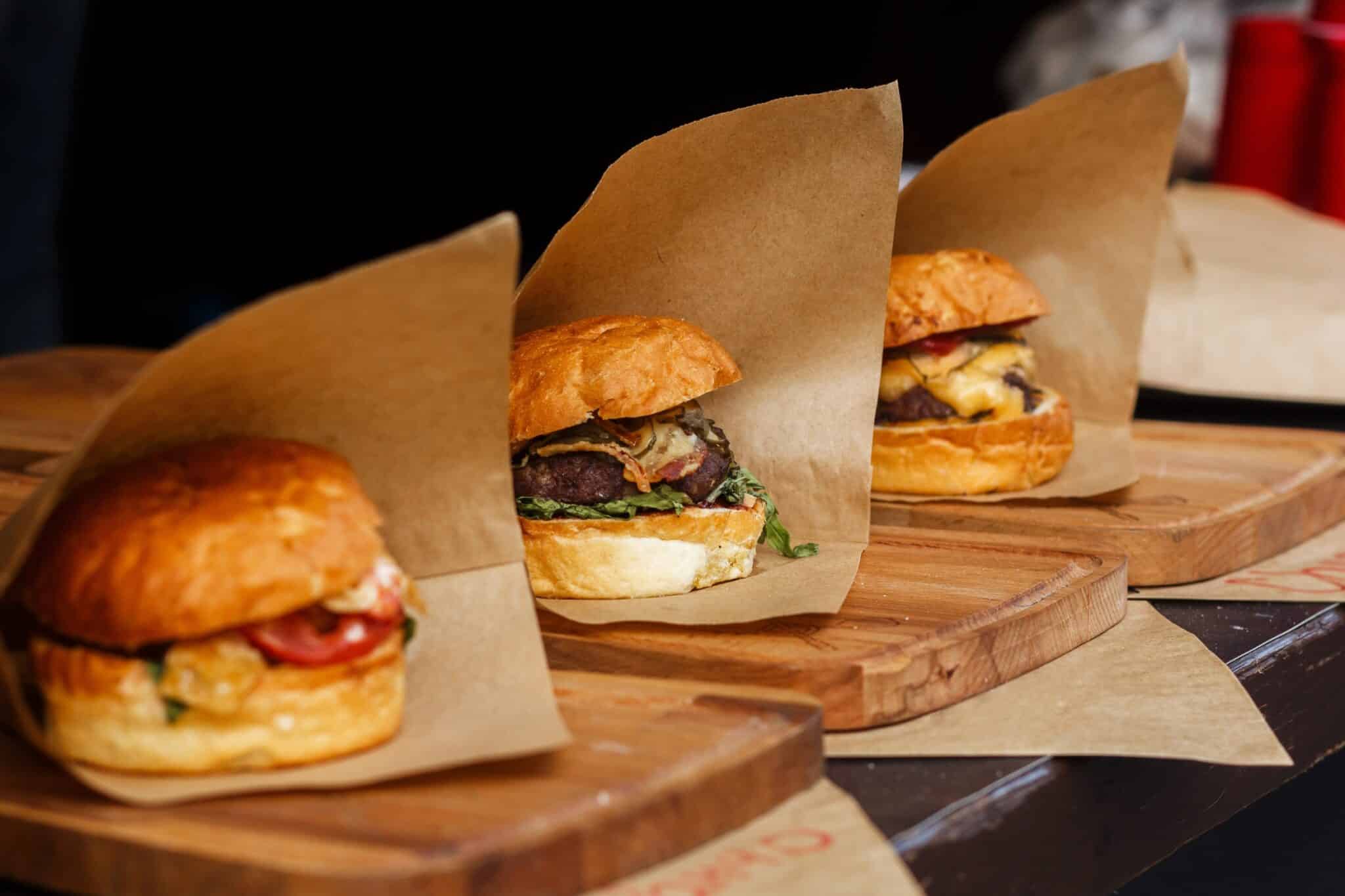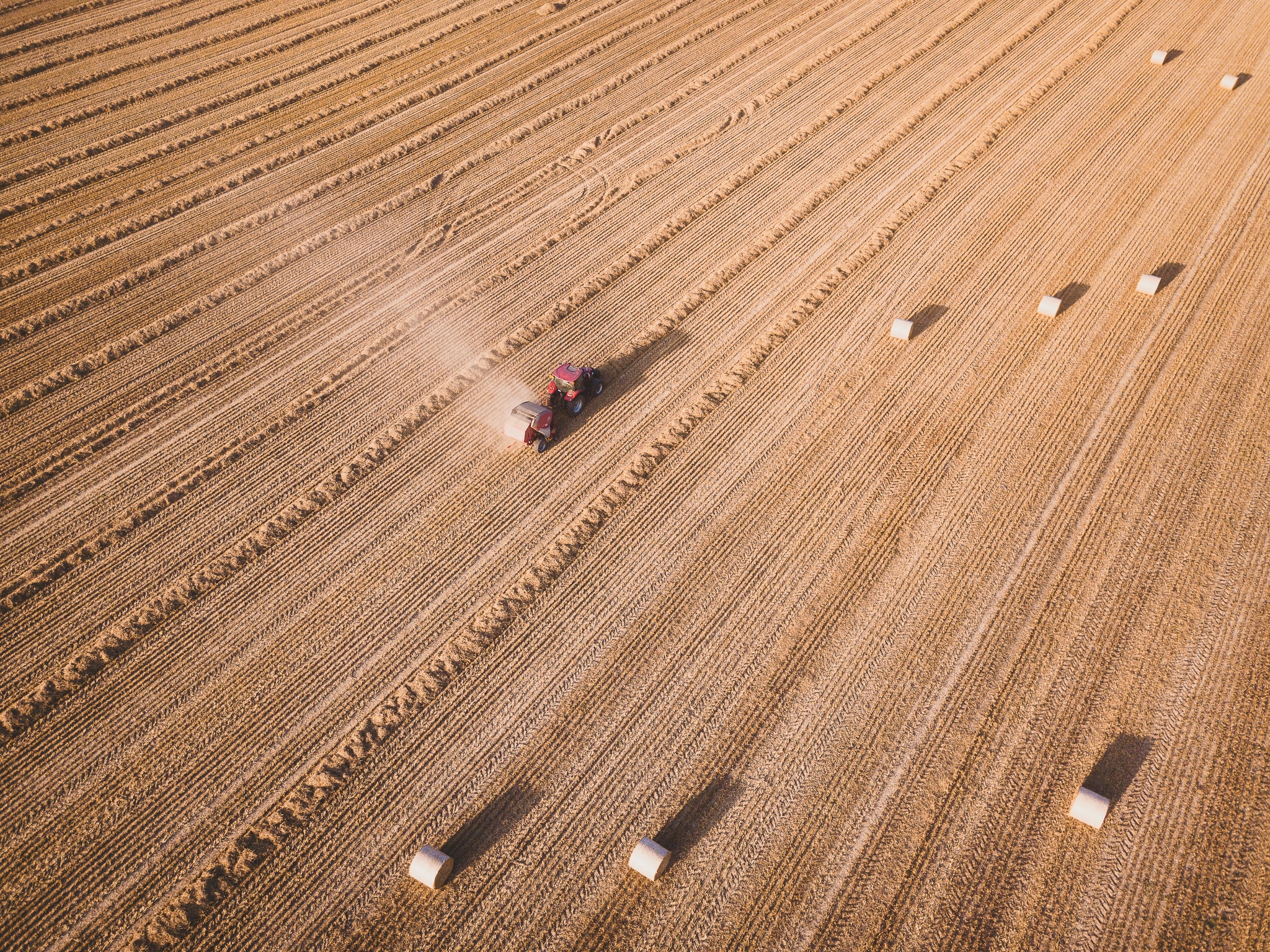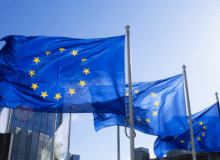About this article
Plastic legislation around the world. The EU has adopted the Single Use Plastics Directive, but what are countries outside of Europe doing about plastic?
Globally, about two thirds of all countries are taking measures to reduce single-use plastic waste. There are many different ways they can do this. All these measures can be effective, but many factors need to be taken into account, including any potential unexpected consequences of the measures and local circumstances and situations.
What are those options, and how do countries outside Europe approach this? This article covers exactly that. One thing’s for sure: laws and regulations play a major role in the way countries deal with plastic.
Different ways to reduce plastic waste
There are a range of different measures that countries can consider. These include running public awareness campaigns, implementing Extended Producer Responsibility (EPR) schemes, setting up Deposit Return Systems (DRS), or imposing taxes. Governments can also strengthen their recycling and solid waste laws, add product charges, or simply ban certain items.
We’re all familiar with bans, charges and taxes, but what is Extended Producer Responsibility and what are Deposit Return Systems? Before we zoom in on the measures being taken outside Europe, let’s quickly dive into these two systems.
Extended Producer Responsibility
EPR schemes require the producer of the product to pay towards disposing the product, usually by way of recycling. The EU, US, and Canada operate these, while other countries, like India, are exploring these legislative measures. More than seventy EPR laws were enacted in the US between 1991 and 2011 at state level, for example.
Deposit Return Systems
What about Deposit Return Systems (DRS)? These usually involve the consumer returning the empty packaging to get some money back. Outside the EU, countries including Israel and New Zealand, states in the US, some Australian states, and provinces in Canada operate these. The city of Ontario has had one for over a decade for alcoholic beverages. Other countries and states like Guam, Turks & Caicos, Barbados, western Australia, New South Wales, and Fiji, have implemented laws but their systems are not yet operational.

Do EPR and DRS schemes work against plastic waste? Yes, it is possible for these types of systems to work, but typically they will work only to the extent that they help improve the waste management systems within that country. What typically counts the most is ensuring the waste management systems are designed to run effectively, to collect and process all the packaging waste in a sustainable manner that also makes economic sense.
The impact of regulation on plastic waste
When it comes to reducing the amount of plastic waste, regulation plays a big role. Within this regulatory landscape, companies like Bunzl are taking action too. With our new brand Verive we keep customers informed of all laws and regulations and all the options available. This makes it easier for customers to choose sustainable packaging, including packaging that is easy to recycle.
What are the most popular measures to reduce plastic waste outside the EU?
There are 195 countries in the world (depending on ). At least 175 are acting to reduce plastic waste, specifically by regulating plastic bags in some fashion. This means that plastic bag regulation is the world’s most popular measure to reduce plastic pollution.
Leading the way with bags is the continent of Africa, with more than half of its twenty-five nations (58%) regulating these. In North America, regulations occur at the city or state level. Lightweight bags are banned in California, Hawaii, and Montreal in Canada. In Latin America and the Caribbean, bags are also often regulated, again at the city level. In Colombia there are regulations on their thickness, reuse, and inclusion of recycled content, for example.

Will there be worldwide bans on plastic?
No, a plastic ban will not yet be implemented everywhere. In addition to plastic bans, other measures are being taken to reduce plastic use.
At present, 27 countries worldwide have opted for a plastic ban. Single-use items such as plates, cups and straws are the first products to be eliminated. Some countries even ban the use of polystyrene altogether, or limit the production volumes of plastic. Each prohibition usually entails certain exceptions. For example, in Queensland and South Australia, the ban on straws, cutlery, stirrers and plates makes an exception for people with special medical needs.
37% of bans come from Small Island States—ten countries in total. Ecuador, for instance, is banning bags, straws and bottles from the Galapagos islands to make it largely single-use plastic-free.
Taxes and other measure against plastic waste
29 countries have adopted a tax, 63 are looking into EPR–some of which include a DRS–whereas the world’s most common legal measure is to alter recycling requirements and solid waste management laws. This makes sense—proper management of plastic waste is one of the most effective ways to keep it out of the environment.
Importantly also, almost every single country in the world has agreed to restrict shipments of low quality, hard to recycle plastic to poorer countries.
Do bans work? It is possible that in some cases, bans could be a good thing, but we have to be extremely careful that they do not result in harmful unintended consequences.
China imported two-thirds of the world's plastic waste
What is China doing to reduce plastic waste?
In recent years China imported two-thirds of the world’s plastic waste. In 2017, it announced it was closing its doors. Dubbed the “National Sword”, this policy is part of a strategy to boost domestic recycling to 350 million tonnes (which includes other materials).
All that plastic has to go somewhere and short-term impacts of this move include a surge in demand for incineration and landfill in other markets. Other countries in Southeast Asia are following China’s lead with Malaysia, Vietnam, the Philippines and Thailand, who initially increased their imports following the ban, beginning to ban low-quality imported plastic waste.
China is banning foam plastic tableware, disposable plastic cotton swabs, chemical products containing microbeads, and rolling out its initiative in multiple stages, restricting plastic products in some regions, and areas first. For example, non-degradable bags are being banned in major cities by the end of 2020, and in all cities and towns by 2022. The restaurant industry is banned from using plastic straws by 2020, and must reduce single use plastic items by 30%, and hotels must not offer them at all by 2025.

What measures is The United States taking to reduce plastic waste?
Since the start of 2019, two-hundred bills related to single-use plastics have been introduced in state legislatures. These include restrictions on products such as bags, and cutlery from restaurants.
California, Connecticut, Delaware, Hawaii, Maine, New York, Oregon and Vermont have banned single-use plastic bags. In 2014, California became the first state to impose a ban at large retail stores. Some states meanwhile opt for five or ten cent fees instead. About half of US states have some regulation for plastic bags.Some states have introduced measures that try to pre-empt and prevent outright bans, such as Oklahoma, Tennessee and North Dakota.
Currently, some states, such as California, are going as far as proposing phasing out all plastics that cannot be recycled. It may be the case that other states follow the more extensive measures taken by some, but they operate independently so this is yet to be determined, and as of late 2020 it remains to be seen how the federal government will respond.
As of 2020, national measures to prevent plastic waste have not come from the federal level, although legislation has been proposed for this purpose, such as the US Plastic Waste Reduction and Recycling Act introduced in June 2020, or the Break Free from Plastic Pollution Act of 2020.
What is the right packaging for you?
Overall, plastic waste legislation is a complex landscape. Hundreds of different types of measures occur across the world as local governments decide the best approach for them. But what is best for your business?
To help you cut through the confusion, Verive helps you choose the right packaging for your location, commercial setting and business objectives. Try out our Verive Wizard now to find out what the best packaging is for your business.
Please contact us if you have any questions about the packaging that suits your business and your goals best.
